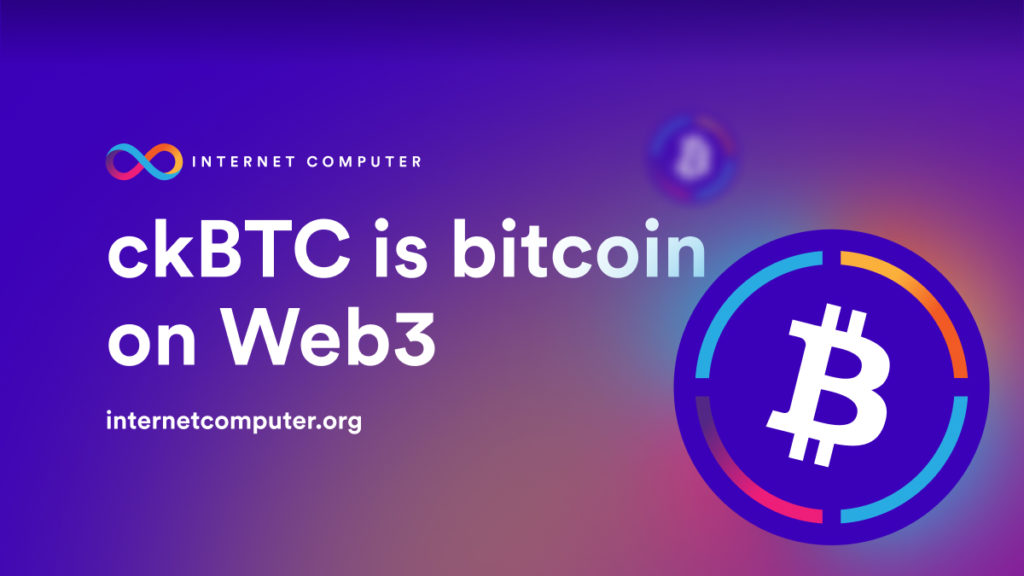
Blockchain technology has made and is still making a name for itself as an innovative development that is reshaping several industries around the globe. However, numerous challenges hinder its wider adoption and efficient operation, we could look at what happened to Cross-chain bridges and DeFi in the year 2022. Over $2.7 billion was lost due to hacks and cyberattacks, some of which cost top blockchains like Ethereum, Solana, and Binance Smart Chain more than $100 million in lost cash. Cross-chain bridges are a magnet for hackers because they frequently have a single central location for storing user funds. Bridges also lack strong security models because they are a novel technology in their infancy and are therefore extremely vulnerable. Examples of such sad occurrences include the theft of $200 million from the Nomad Bridge and the loss of $4.5 million in tokens by Solana over the course of three days.
Because of the numerous challenges that have dealt with cross-chain bridges In response, ckBTC, or Chain-Key BTC, was created to tackle these obstacles head-on. In this article, we explore the challenges ckBTC strives to resolve and its promising future in the tech world.
Firstly, ckBTC is an Internet Computer Protocol native token that is 1:1 backed by actual Bitcoin and is controlled On-Chain by smart contracts. Consider ckBTC as a (very fungible) twin token of Bitcoin; it is a completely mirrored asset that uses chain key cryptography to hold and manage all of the underlying Bitcoin. With the help of ckBTC, the ICP protocol stack is extended to make the blockchain operate more like a fictitious layer 2 solution than the Bitcoin network in terms of speed, cost, and environmental sustainability.
Understand that ckBTC is not a bridged or wrapped token; these are crucial characteristics that highlight the essence of what makes chain key Bitcoin such a valuable cryptocurrency.
Challenge 1: Intermediaries
It is not entirely a good idea to entrust a third party with your cash, as we’ve seen multiple times in recent years. There is always a chance that the custodian could mismanage your funds, or you could fall victim to theft, hacking, or other security flaws. Just like the trend that happened with FTX, It looks like they may have been routinely using a “backdoor” to covertly drain off their customers’ bridging monies in the case of SOBTC.
CKBTC’s Solution:
With ckBTC, Bitcoin-based transactions are conducted directly on ICP smart contracts, where code is the law, eliminating the need for a traditional bridge or an anonymous fiduciary.
In order to manage the keeping, redemption, and transaction of BTC without the aid of a middleman, the Internet Computer has expanded its underlying protocol and technical design to practically “attach” to the Bitcoin network. The same handshake threshold solution that underwrites the whole ICP network also controls the keys for managing the BTC in a subnet that is protected by ICP’s ground-breaking chain key technology.
Challenge 2: Scalability
Scalability is one of the most important drawbacks of conventional blockchain networks. Transaction speeds drop as more users join the network, which triggers prices to go up. These difficulties obstruct widespread adoption and practical uses.
CKBTC’s Solution:
CKBTC addresses scalability through its utilisation of a “Chain-Key” model. Instead of a single chain, it employs multiple chains, known as “cells,” each carrying a fraction of the total transaction history. This allows parallel processing and prevents bottlenecks, significantly enhancing scalability.
Challenge 3: Interoperability
The fragmented nature of blockchain networks restricts seamless communication and collaboration between different chains. This not only hampers interoperability but also limits the potential for cross-chain innovation.
CKBTC’s Solution:
By using the “Chain-Key” model, CKBTC enables easy integration with other blockchain networks. This cross-chain compatibility allows the seamless transfer of assets and data between different blockchains, promoting collaboration and enhancing overall industry growth. Through interoperability, CKBTC accelerates innovation, encouraging developers to build decentralized applications and services that span multiple blockchain platforms.
The Future of CKBTC in the Tech World
CKBTC holds immense potential for reinventing the tech world in numerous ways. Here are some aspects that highlight its promising future:
1. Decentralized Finance (DeFi): CKBTC’s scalability and ability to interoperate with other blockchains unlock diverse opportunities in the fast-growing DeFi space. It enables seamless asset transfers, liquidity provision, and smart contract integration, facilitating the development of more efficient and secure financial products.
2. Cross-Chain Collaboration: CKBTC’s capacity to bridge different blockchain ecosystems fosters cross-pollination between different projects, enabling innovation and the creation of comprehensive solutions. This collaboration will enhance the development of interconnected networks and the growth of emerging technologies.
3. Public Infrastructure Development: CKBTC serves as a viable infrastructure for public projects and platforms. Its unique design enables secure and scalable transactions, making it an ideal choice for governments, enterprises, and organizations looking to build decentralized applications on a robust blockchain network.
As the challenges faced by traditional blockchains continue to hinder their widespread adoption, ckBTC emerges as a promising solution. By addressing scalability and interoperability concerns through its “Chain-Key” model, ckBTC paves the way for a more scalable, efficient, and interconnected blockchain ecosystem. With its potential to facilitate DeFi growth, cross-chain collaboration, and public infrastructure development, ckBTC holds a bright future in the tech world, transforming industries and unlocking endless possibilities for innovation.



















